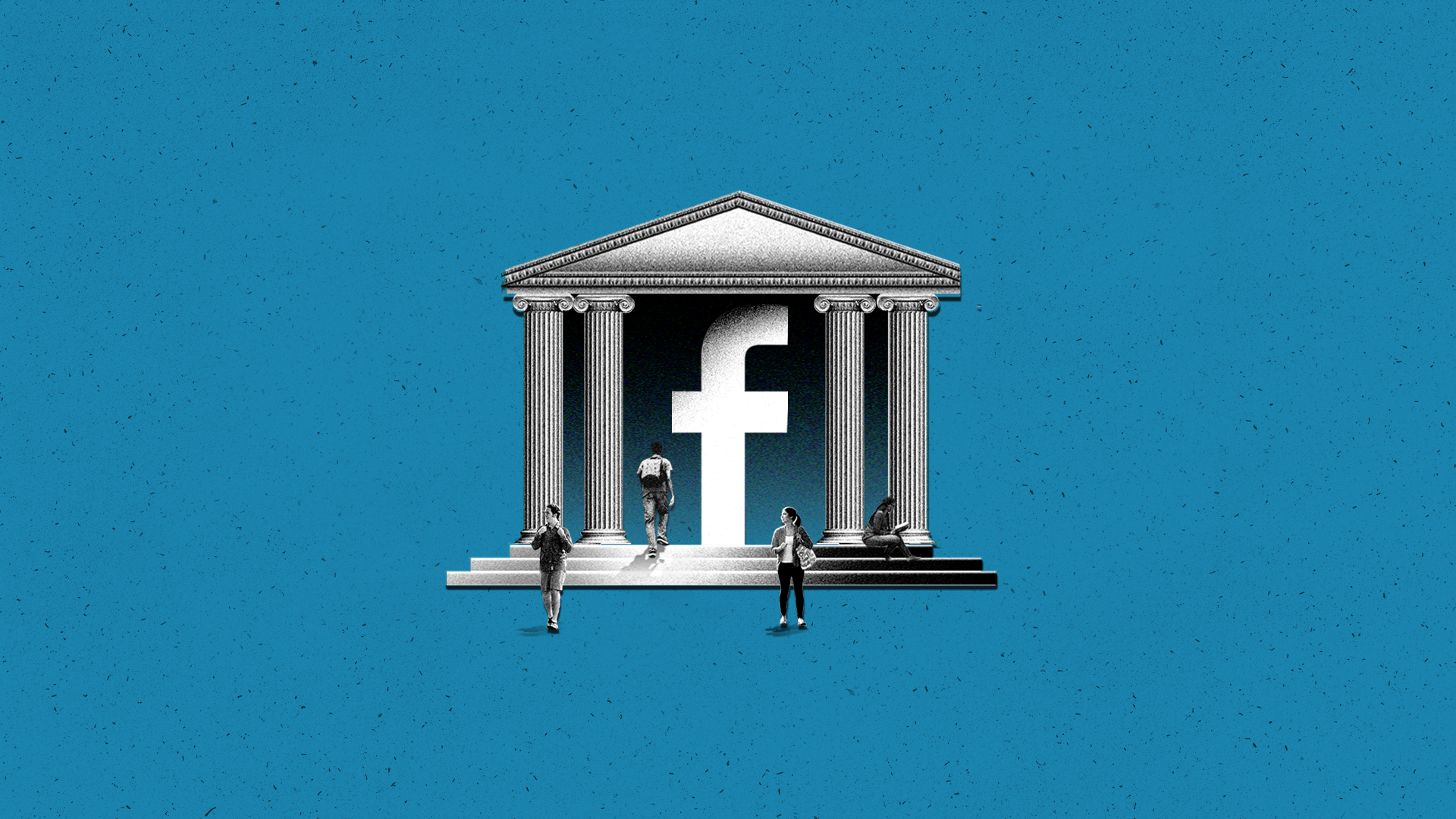
Facebook returns to roots with Facebook Campus
When “The Facebook” was launched by then-Harvard student Mark Zuckerberg in 2004, the intention was to create a website that would connect students around the university. It quickly expanded to the rest of the Ivy League and Boston schools, then high schools, then corporate campuses like Apple and Microsoft, and, then, in 2006 – to everyone else.
A lot has changed over the past fourteen years. Today, Facebook is a global powerhouse with over 2.7 billion monthly active users worldwide, generating billions of dollars in ad revenue each year. It’s acquired other platforms, like Instagram and Whatsapp, and largely written the social media playbook. The sky was virtually the limit, and at the end of Q3 it did something no one expected – it went back to its roots.
What is it?
Facebook Campus is “a college-only space designed to help students connect with fellow classmates over shared interests.”
But, why?
With the arrival of Facebook Campus, Mark Zuckerberg and co. are once again launching a student-only space aimed at building connections within college communities in the era of COVID. This is especially important given that Facebook usage has actually been declining amongst young people. A 2018 Pew poll found that just 51% of American teenagers used Facebook, compared to 85% for Youtube, 72% for Instagram, or 69% for Snapchat.
How does it work?
Facebook Campus is an entity within Facebook, so Campus profiles are separate from main profiles. All students need to sign up for a Campus profile is their college email and graduation year. After that, they can input additional information, like their major or classes, connect with fellow students via a campus directory, and search for Groups and Events specific to their school.
What does this mean?
Remains to be seen. To date, Facebook Campus is being piloted at 30 campuses across the U.S, but little is known regarding actual usage since it launched two months ago. At first glance, it could be a crucial move towards engaging Gen Z and recruiting them back to Facebook, while providing students an additional opportunity to connect in a time where normal in-person interactions will be limited for the foreseeable future.
Stay tuned.